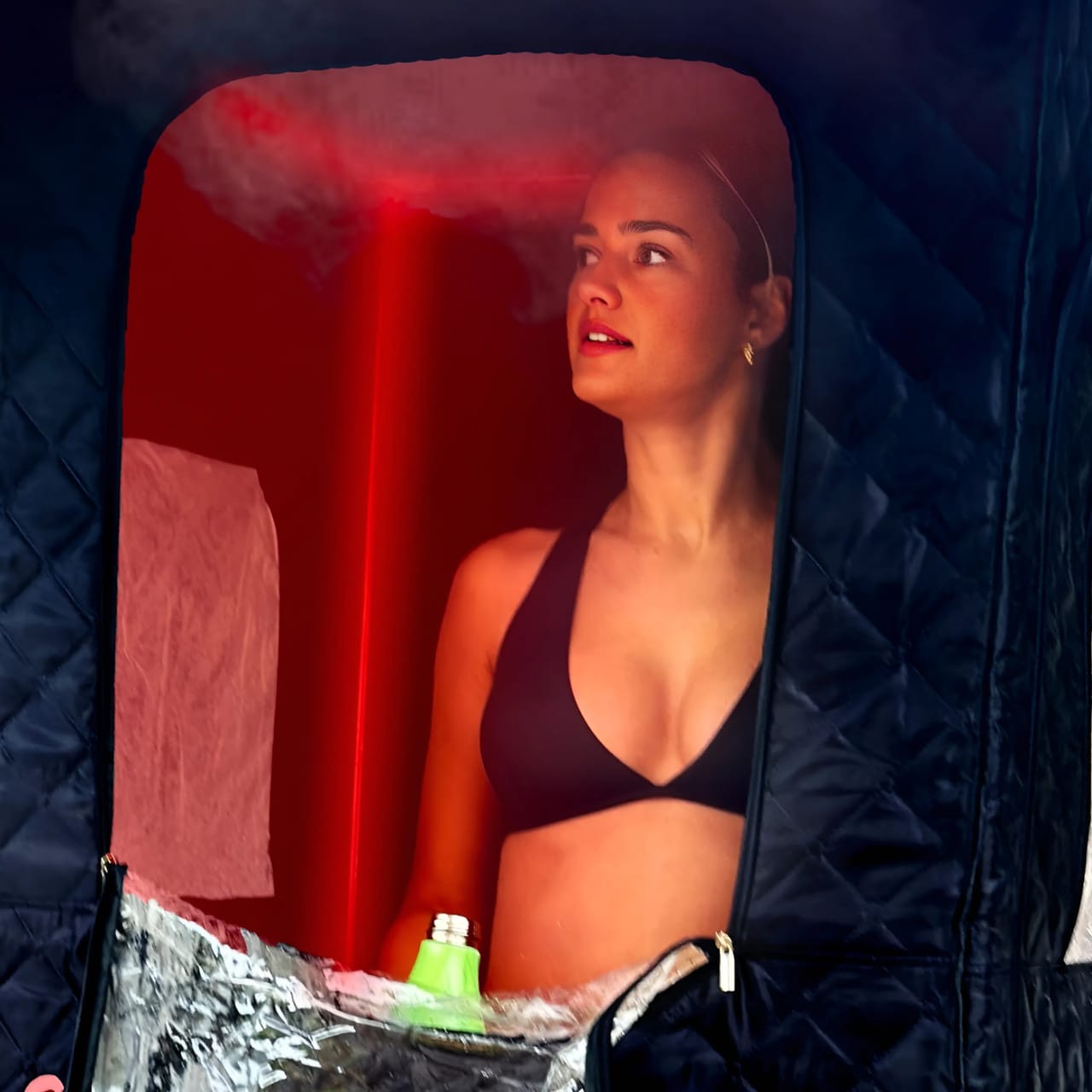Addiction is a complex and challenging battle that millions of people face worldwide. While traditional treatments like counseling, support groups, and medication can be effective, some unconventional methods are gaining attention for their potential benefits in addiction recovery.
One such method is cold water therapy. This blog post explores how cold water therapy can provide a refreshing and promising approach to addiction recovery. Understanding Cold Water Therapy
Cold water therapy, also known as cold water immersion or cold exposure therapy, involves immersing your body in cold water for a specific duration.
This practice has been used for centuries in various cultures for its potential health benefits, including improved circulation, reduced inflammation, enhanced mood, and increased alertness. In recent years, researchers have started investigating its potential application in addiction recovery. How Cold Water Therapy Helps with Addiction Stress Reduction: Addiction often goes hand in hand with high levels of stress and anxiety.
Cold water therapy can trigger the release of endorphins, which are natural mood lifters. These endorphins help reduce stress and provide a sense of well-being, making it easier for individuals to manage the emotional aspects of addiction recovery.
Improved Mental Resilience:
Cold water therapy challenges individuals to endure discomfort and push through mental barriers. This practice can strengthen mental resilience, helping addicts better cope with cravings, triggers, and withdrawal symptoms.
Enhanced Self-Discipline:
Consistently engaging in cold water therapy requires commitment and self-discipline. These qualities can transfer into other areas of life, including staying committed to sobriety. Replacing Negative Habits: Addiction often involves harmful habits and routines. Cold water therapy can become a positive, healthy ritual that replaces destructive behaviors with a constructive one.
Distraction from Cravings: Immersing oneself in cold water provides an intense sensory experience that can distract from cravings. This temporary diversion can be invaluable in moments of weakness.
Physical Health Benefits:
Cold water therapy can improve physical health, enhancing overall well-being. When individuals feel healthier and more energetic, they are more likely to stay on the path to recovery. Incorporating Cold Water Therapy into Addiction Recovery If you or a loved one is considering cold water therapy as part of addiction recovery, it's essential to do so safely and under guidance. Here are some steps to consider: Consult a Healthcare Professional: Speak with a healthcare provider or addiction specialist to discuss your intention to incorporate cold water therapy into your recovery plan. They can provide guidance and monitor your progress.
Start Slowly:
If you're new to cold water therapy, begin with shorter sessions and gradually increase the duration as you become more comfortable. Consider a Cold Water Plunge or Shower: Cold water immersion doesn't have to involve ice baths or extreme temperatures. Even a cold shower or a dip in a cold lake can offer benefits.
Combine with Other Therapies: Cold water therapy should be part of a comprehensive addiction recovery plan that includes counseling, support groups, and other evidence-based treatments.
Conclusion
Cold water therapy is an intriguing and potentially helpful addition to the arsenal of tools available for addiction recovery. While it may not be a standalone solution, it can provide unique benefits that complement traditional treatments. Remember that individual experiences may vary, and it's crucial to work closely with healthcare professionals when incorporating cold water therapy into your recovery journey. With the right guidance and commitment, cold water therapy can be a refreshing and promising approach to overcoming addiction.





